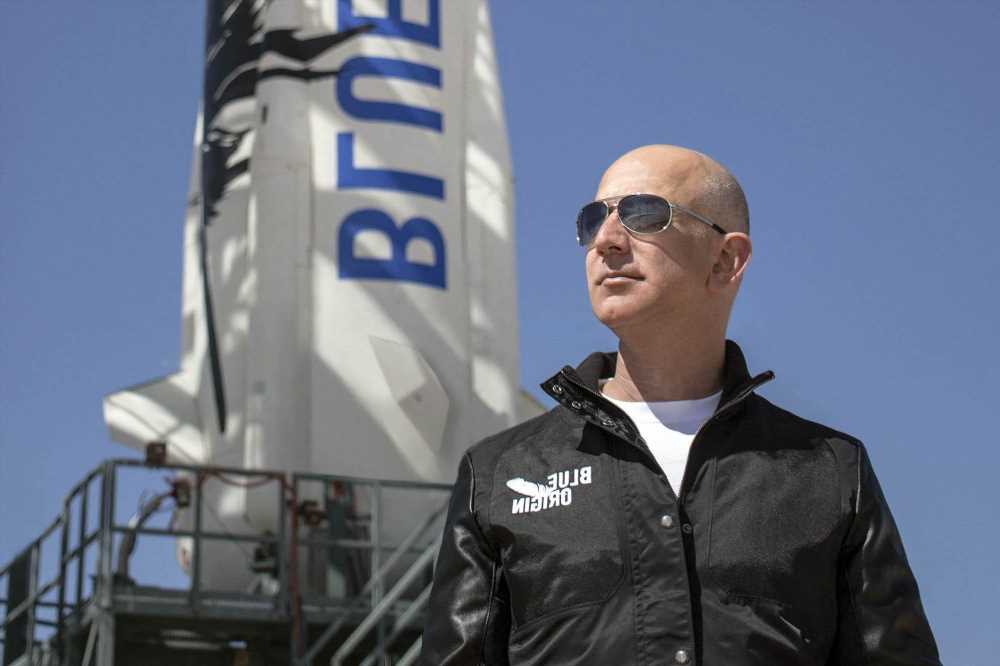More On:
jeff bezos
Meet the crew of soon-to-be astronauts joining Jeff Bezos in space
Earth to Jeff: Bezos faces space critics ahead of blast-off
‘Super excited’: Teen joins Blue Origin flight after $28M auction winner drops out
US approves Blue Origin license for human space travel ahead of Bezos flight
Tuesday morning, Jeff Bezos is scheduled to take off for outer space. Showing faith in his engineers, he will ride the first passenger flight of his space company Blue Origin’s New Shepard rocket. With him will go, among others, the oldest and youngest people ever to fly into space. (Bezos, of course, will be the richest.)
Many dismiss this as just a billionaire’s ego trip, the next step beyond superyachts and private jets. But there’s much more going on here than ego.
As I wrote in my recent book, “America’s New Destiny in Space,” we’re now in the third phase of human spaceflight. In the first “visionary” phase, people wrote, planned and dreamed, but only small rockets, a la Robert Goddard’s, got off the ground. In the second, “command economy” phase, governments got involved and built spaceships, space stations and moon rockets.
The command economy phase proved the visionaries right about what could be done, but it was very expensive. When the political reasons for going into space shrank, so did the budgets.
But now Bezos, along with fellow billionaires Elon Musk of SpaceX and Richard Branson of Virgin Galactic, and other companies like RocketLab and Sierra Nevada, are moving us into the third phase: the sustainable phase. That’s when spaceflight generates enough revenue to pay for itself.
These companies are already earning money in varying degrees — Musk even created a customer for SpaceX in his Starlink satellite internet service — and bid fair to become profitable in time.
Driving down costs is key. SpaceX has already dropped the price of getting a pound to orbit by a factor of 20; Musk promises that his new rocket will drop it again by a factor of better than 10. It takes roughly the same amount of energy to get from New York to London as it does to fly from the Earth to orbit. The reason it’s cheaper to fly to London is that we’ve had a lot more practice. As aircraft manufacturers and airlines competed, the technology got better and more efficient. Competition among space companies will do the same.
As Harvard/Smithsonian astrophysicist Martin Elvis noted in his recent book “Asteroids,” there’s a lot of wealth out there to be gathered, if you’ve got the technology to gather it: everything from asteroids full of valuable materials, to solar energy that’s much stronger and easier to gather than it is on Earth (the Chinese are working on this, as are we). Again, we just need to improve our ability to get there. Practice and competition are the keys, and Bezos’ flight is part of that process. This is much more than just a space superyacht.
Plus, a message to Elon Musk: Don’t emulate Bezos and Branson by flying yourself. Unlike them, you’re irreplaceable in your company. Stay on the ground — and send me instead!
Glenn H. Reynolds, a law professor at the University of Tennessee, has written numerous books on space and space law.
Share this article:
Source: Read Full Article









